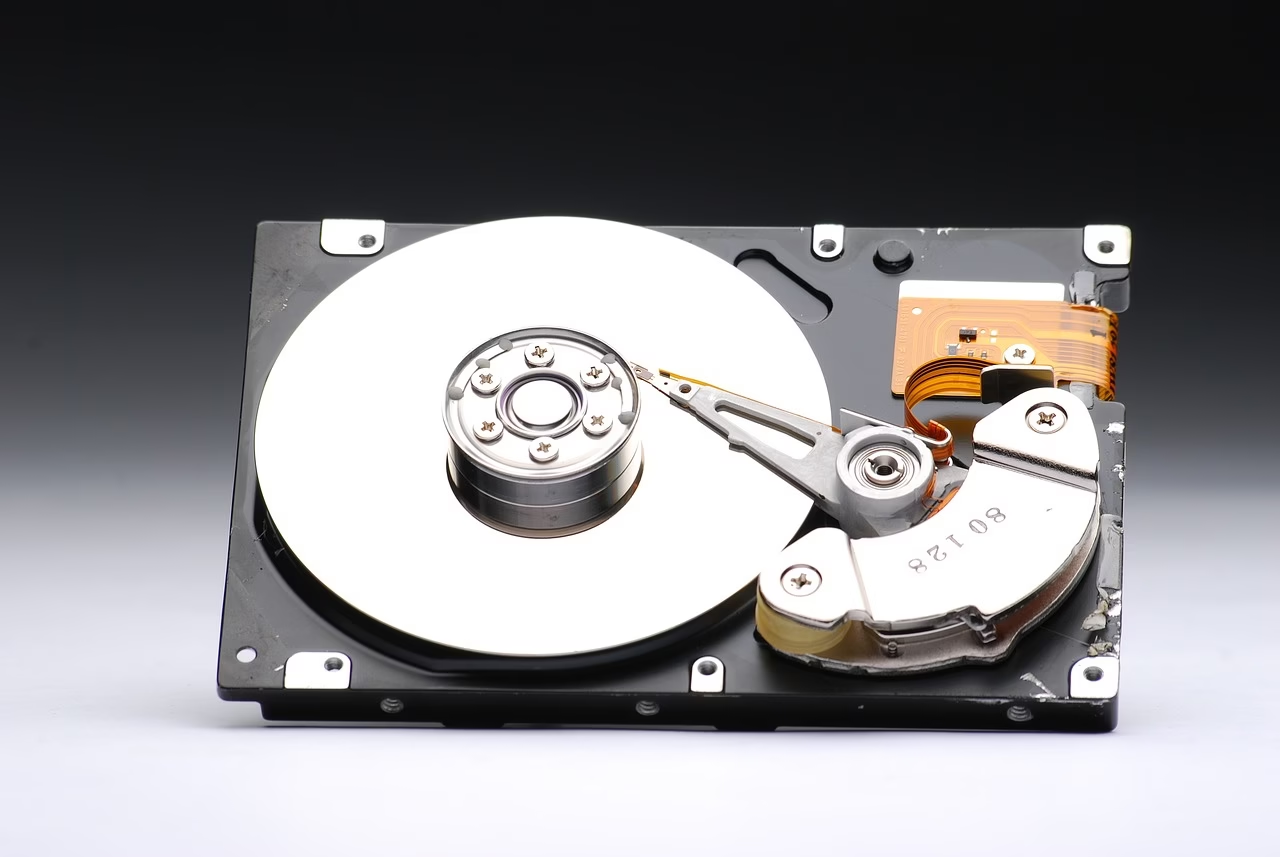“Vibe Coding: The Future of AI-Assisted Software Development
August 15, 2025 | by Olivia Sharp

Vibe Coding: The Future of AI-Assisted Software Development
As an AI researcher focused on practical tools and responsible innovation, I’ve witnessed waves of technological advancement reshape how we build software. Yet, the latest paradigm shift—what I call “Vibe Coding”—is not just an upgrade in automation or syntax assistance. It’s a holistic evolution in the relationship between developers and AI, where the machine becomes an intuitive collaborator that resonates with the coder’s intent and creative energy.
Beyond Autocomplete: AI that Understands the Developer’s Flow
Early AI tools in software development largely focused on syntax completion or bug detection—helpful but transactional. The emerging class of AI-assisted development tools integrates deeply with developers’ cognitive and emotional rhythm. Imagine an AI that not only suggests lines of code but also senses the vibe of your session: Are you exploring ideas, debugging frustration, or sculpting elegant solutions? Tools leveraging natural language processing, behavioral analytics, and predictive modeling now enable this nuanced awareness.
This leads to context-sensitive support rather than generic suggestions. Instead of overwhelming developers with every possible option, these systems adapt dynamically to each moment’s needs and ambitions. The AI becomes a silent partner—enhancing, not interrupting—the human creative workflow.
The Intersection of Creativity and Machine Intelligence
Software development has always been part science, part art. “Vibe Coding” nurtures this creative dimension by arming developers with AI that co-creates, experiments, and even challenges assumptions. In practice, this means:
- AI that proposes alternative solutions influenced by emerging best practices and patterns visible across millions of repositories.
- Real-time feedback loop where developers refine ideas through iterative AI-assisted prototyping.
- Collaborative natural language interfaces that allow conversational coding or debugging through plain English prompts.
The synthesis of human intuition and AI’s vast data-driven insight cultivates a new kind of craftsmanship. Developers gain freedom to explore uncharted territories without losing the precision and reliability AI can provide.
Ethics and Responsibility in AI-Powered Development
While the technological promise of “Vibe Coding” excites me, it demands careful consideration of ethical dimensions. The AI must be designed to respect developer autonomy, enhance diversity in coding styles, and safeguard against propagating biased or insecure patterns embedded in training data. Transparency in AI decision-making processes will be crucial to build trust and accountability.
As practitioners, we should embed responsible innovation principles: continuous validation with real developers, openness about capabilities and limitations, and fostering human-AI symbiosis rather than replacement. AI’s role is to augment human creativity and judgment, not supplant it.
The Road Ahead: A Hybrid Workspace for Future Developers
Looking forward, I envision integrated development environments (IDEs) transforming into hybrid workspaces where AI and humans contribute seamlessly. These platforms will:
- Automatically tune their assistance style based on individual developer preferences and project context.
- Facilitate real-time collaborative coding across geographies with AI mediating shared understanding.
- Embed continuous learning modules that help developers upskill in emerging languages, frameworks, and paradigms without leaving their workflow.
By centering empathy, adaptability, and intelligence, “Vibe Coding” will reshape how software is conceived and realized—making development more accessible, efficient, and creatively fulfilling.
“The best tools don’t just power productivity; they inspire new ways of thinking and creating.”
For developers, managers, and AI practitioners alike, embracing this shift means investing in frameworks that align AI capabilities with human values. The future of software development lies not in machines simply doing more, but in machines syncing with human rhythm to unlock unprecedented potentials.

RELATED POSTS
View all



